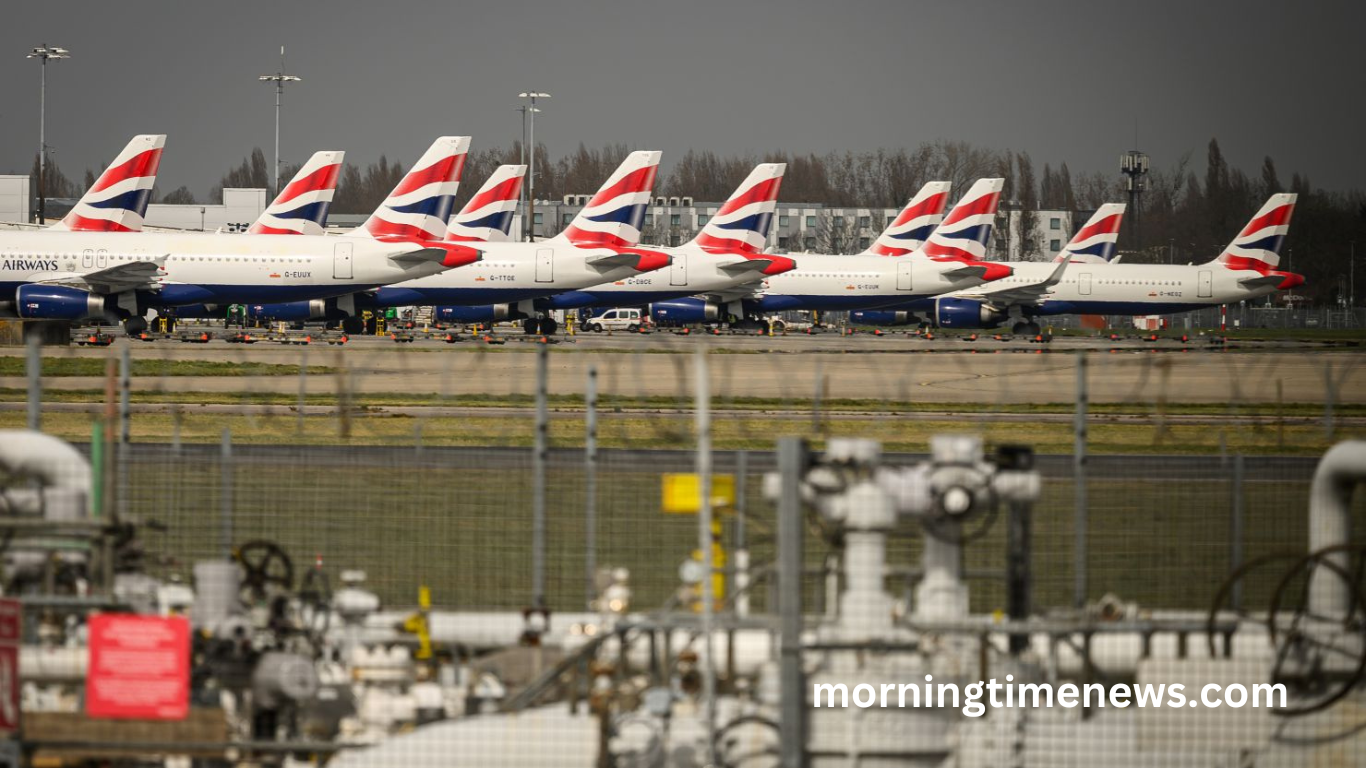London’s Heathrow Airport, one of the world’s busiest travel hubs, has come to a standstill, sending shockwaves through global travel. Passengers are stranded, flights are canceled, and airlines are scrambling to adjust. As the situation unfolds, uncertainty looms over when normal operations will resume and how this disruption will impact travel worldwide.
Why Was Heathrow Closed?
The sudden closure has left travelers wondering what led to such drastic action. While details are still emerging, reports suggest a combination of operational issues, security concerns, or severe weather disruptions may be at play. Authorities have yet to provide a firm timeline for reopening, adding to the frustration of stranded passengers.
Ripple Effects Across Global Travel
Heathrow serves as a major transit hub, and its closure is affecting flights worldwide. Delays and cancellations are piling up, particularly for long-haul routes between Europe, North America, and Asia. Airlines are struggling to rebook passengers, and alternative airports are overwhelmed with diverted flights, causing further congestion.
What It Means for Travelers
The closure presents significant challenges for those currently in transit or planning upcoming trips. Many passengers are facing long delays, missed connections, and uncertainty over refunds or rescheduling options. Travelers are advised to check with their airlines frequently, explore alternative routes, and be prepared for longer-than-usual waiting times.
How Airlines and Authorities Are Responding
Airlines are working to reroute flights and accommodate affected passengers, but the sheer volume of disruptions makes recovery difficult. Heathrow officials, along with UK authorities, are working to resolve the issue, but so far, no clear reopening timeline has been set. The longer the closure lasts, the more widespread its impact will be on the global travel industry.
When Will Heathrow Reopen?
There is no confirmed reopening date at this point. Authorities are urging patience as they work through the situation. If the closure continues for an extended period, travelers should prepare for further disruptions and consider alternative travel plans. The coming days will be critical in determining how quickly Heathrow can resume normal operations.
Frequently Asked Questions
Why is Heathrow Airport closed?
The exact reason has not been fully disclosed, but reports suggest operational issues, security concerns, or severe weather may have contributed to the shutdown.
How long will Heathrow remain closed?
Authorities have not confirmed a reopening date. The duration will depend on the cause of the closure and how quickly it can be resolved.
How does this affect global travel?
As a major international hub, Heathrow’s closure is causing widespread flight delays, cancellations, and rerouting, impacting travelers worldwide.
What should passengers do if their flight is affected?
Travelers should check with their airlines for updates, explore alternative routes, and be prepared for extended delays or cancellations.
Are other UK airports handling diverted flights?
Yes, alternative airports like Gatwick, Stansted, and Manchester are accommodating some diverted flights, but congestion remains a challenge.
Will airlines offer refunds or rebookings?
Most airlines are providing refunds or rebooking options, but availability may be limited due to the high volume of affected passengers.
How can travelers stay informed about Heathrow’s status?
Passengers should monitor official Heathrow Airport announcements, airline notifications, and travel advisories for the latest updates.
Could this lead to long-term travel disruptions?
If the closure extends, it could impact airline schedules, global travel plans, and airport operations for weeks to come.
Conclusion
Heathrow’s unexpected closure has thrown global travel into chaos, with thousands of flights disrupted and passengers stranded. While efforts are underway to resolve the situation, uncertainty remains about when normal operations will resume. Travelers should stay informed, explore alternative routes, and prepare for possible delays. The longer the closure lasts, the greater the impact on airlines, passengers, and the broader travel industry worldwide.

